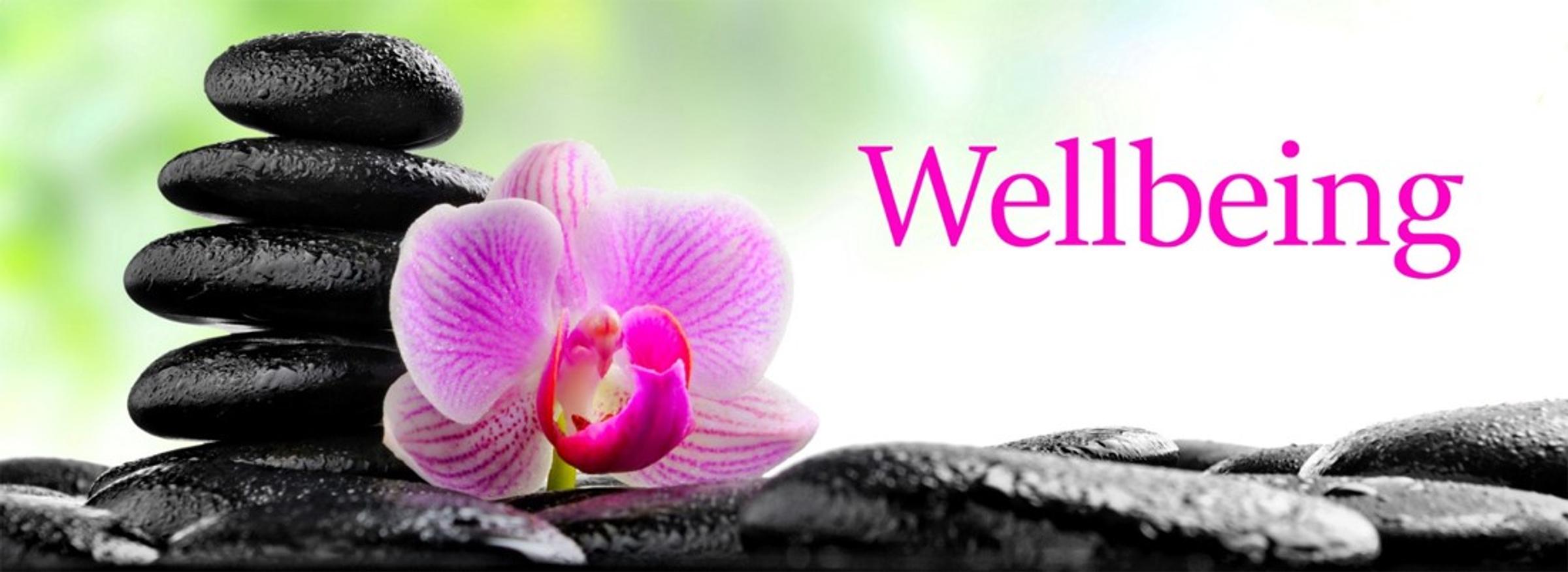Health Matters

Building Health Relationships
Healthy relationships with your partner and family members can enhance your life and make everyone feel good about themselves. They don’t just happen though; healthy relationships take time to build and need work to keep them healthy. The more positive effort you put into a relationship, the healthier it should be.
Signs of a healthy relationship
People in healthy relationships love and support each other. They help each other practically as well as emotionally. They are there for each other in the good times and the bad times.
Healthy relationships are commonly based on:
respect
trust
open communication
equality
both shared and individual interests
understanding
honesty
care
Benefits of healthy relationships
People who have healthy relationships are more likely to feel happier and satisfied with their lives. They are less likely to have physical and mental health problems. Healthy relationships can increase your sense of worth and belonging, give you confidence, support you when trying out new things and learn more about yourself.
Communication in a healthy relationship
People who are in a healthy relationship talk to each other regularly and listen to each other too. Misunderstandings can happen, and that can lead to people being upset, hurt or confused. It is best to be clear about what you want to say. Making a real effort to understand what the other person is saying also helps. Just because you love each other doesn’t mean you will be able to communicate well or know what the other is thinking.
To encourage more open communication in your relationship:
- set aside time to speak to each other, without interruptions
- put yourself in the other person’s shoes
- don’t rely on the other person to guess what is going on, or how you are feeling
- listen to each other, and make sure the other person knows you are listening to them
- let the other person finish what they are saying
- talk about things honestly and respectfully
- try not to be too defensive
- stay calm and try not to attack.
Other ways to improve your relationship
There are other things you can do to improve your relationship with your partner or family. You can:
say sorry when you are wrong
be affectionate and show appreciation
make the relationship a priority
develop shared interests
work on feeling good about yourself
try to find solutions that help both of you
make plans for the future.
How to fight fair
Conflict can happen when family members have different views or beliefs that clash. Sometimes conflict can occur when people misunderstand each other and jump to the wrong conclusion. Issues of conflict that are not resolved peacefully can lead to arguments and resentment.
It is normal to disagree with each other from time to time. Occasional conflict is part of family life. However, ongoing conflict can be stressful and damaging to relationships. Some people find it difficult to manage their feelings and become intentionally hurtful, aggressive or even violent.
Communicating in a positive way can help reduce conflict so that family members can reach a peaceful resolution. This usually means that everyone agrees to a compromise or agrees to disagree.
Sometimes, strong emotions or the power imbalances that can be present in relationships are difficult to resolve and can only be addressed in a counselling situation.
Common causes of family conflict
It is well recognised that some of the stages a family goes through can cause conflict. These may include:
Learning to live as a new couple
Birth of a baby
Birth of other children
A child going to school
A child becoming a young person
A young person becoming an adult
Each of these stages can create new and different stresses and potential conflict.
Changes in the family situation can also take a toll on the family and contribute to conflict. This may include events such as:
Separation or divorce
Moving to a new house or country
Travelling long distances to work
Commuting interstate for work.
Change in financial circumstances
The opinions, values and needs of each parent can also change and they may find they are no longer compatible.
Agreeing to negotiate
Usually, our first angry impulse is to push the point that we are right and win the argument at any cost. Finding a peaceful resolution can be difficult, if not impossible, when both parties stubbornly stick to their guns. It helps if everyone decides as a family to try listening to each other and negotiating instead.
Suggestions include:
- Work out if the issue is worth fighting over.
- Try to separate the problem from the person.
- Try to cool off first if you feel too angry to talk calmly.
- Keep in mind that the idea is to resolve the conflict, not win the argument.
- Remember that the other party isn’t obliged to always agree with you on everything.
- Define the problem and stick to the topic.
- Respect the other person’s point of view by paying attention and listening.
- Talk clearly and reasonably.
- Try to find points of common ground.
- Agree to disagree.
Try to listen
Conflict can escalate when the people involved are too angry to listen to each other. Misunderstandings fuel arguments. Suggestions include:
- Try to stay calm.
- Try to put emotions aside.
- Don’t interrupt the other person while they are speaking.
- Actively listen to what they are saying and what they mean.
- Check that you understand them by asking questions.
- Communicate your side of the story clearly and honestly.
- Resist the urge to bring up other unresolved but unrelated issues.
Professional advice
There are services available to help family members work through difficult issues of conflict. Seek professional advice if you th
